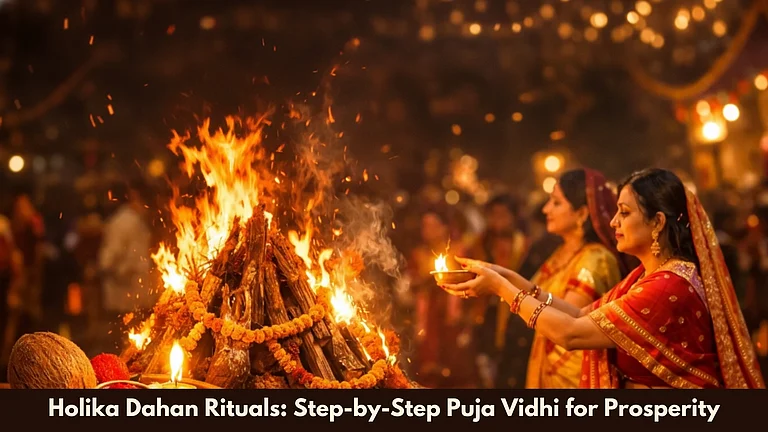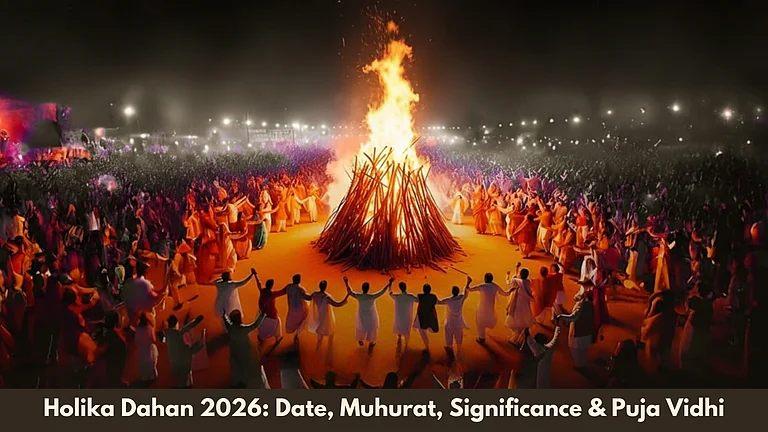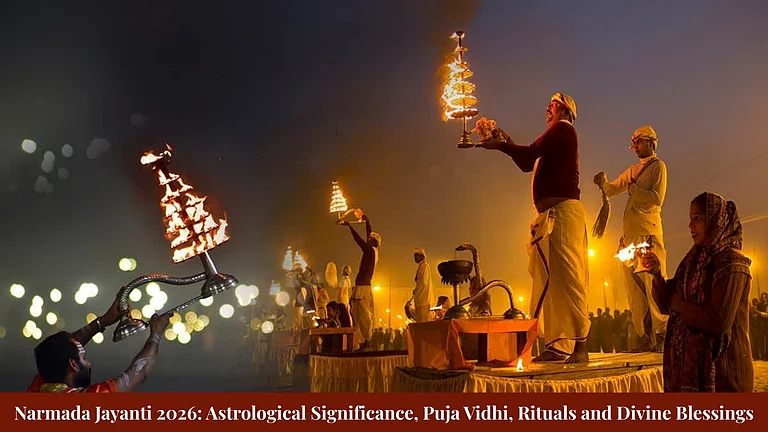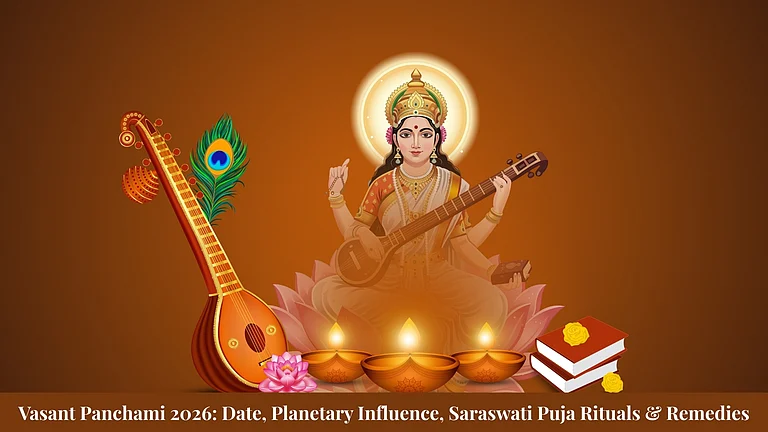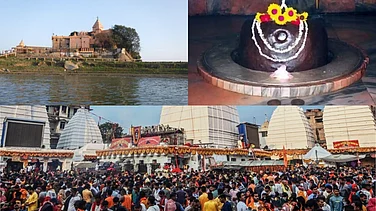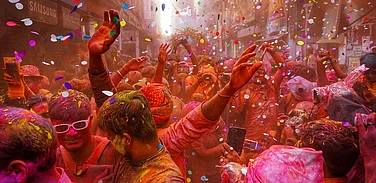Kali Mata, an incarnation of the goddess Durga, is considered the most powerful deity in Hindu culture. Kali Puja is fast approaching and is dedicated to the goddess Kali. Kali Puja, Shyama Puja, or Mahanishi Puja, is celebrated with great fervour and enthusiasm in the eastern part of states, especially in Kolkata, Assam, Tripura, Jharkhand, Odisha, etc.
This year Kali Puja will be celebrated on October 31, 2024, after Diwali, which is on October 29, 2024. Known for her fierce form, Mata Kali embodies the power of time and destruction (Kaal), making her a deity of protection and transformation. In contrast to her fearsome form, devotees believe Kali is a loving mother who protects her children from harm and grants boons for spiritual growth. This article will highlight Kali Puja, its ritual, significance, date, timing, and history of the prominent festival.
Kali Puja, date and timing
The festival of Kali Puja is annually celebrated on the day of Amavasya Tithi in the month of Kartik. This puja is performed in Nishita Kaal. This year the Amavasya Tithi of Kartik month will start on October 31 at 3:52 pm and end on November 1 at 12:28 am. Usually, Kali Puja and Diwali fall on the same day or one day earlier or later than Diwali. During Diwali, most people across India worship Lord Ganesha and Mata Lakshmi, but for the people of Eastern states like Kolkata, Assam, and Tripura, Kali Mata is the beloved one. They worship Mata Kali with great joy and devotion during Kali Puja. Kali Puja festival is significant for the Tantric ritual and for those who follow Shakta.
History and Significance of Kali Puja
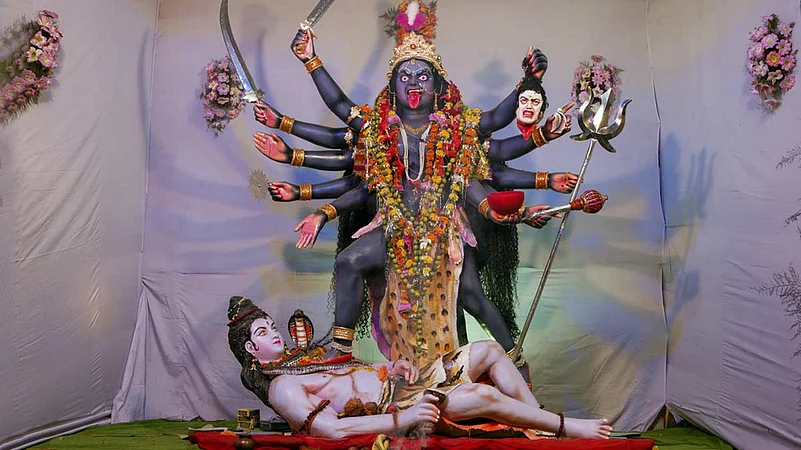
Mata Kali is the most beloved and is known for her fierce nature and dark-skinned avatar carrying skulls in hand. According to mythology, Goddess Kali became enraged at the moral transgressions and corrupt human society. She intended to destroy anyone who stood in her path. This led to destruction when she started killing, slashing in rage. The Devtaganas went to Lord Shiva and told him everything; after that, to calm down Mata Kali, Lord Shiva had to lie down on her path to stop her. As soon as furious Kali stepped on him, she was modified by the act and stuck out her tongue, realizing her mistake, and retreated after apologizing.
Kali puja holds a significant place for the devotees of Mata Kali and is celebrated to seek her blessing for happiness, wealth, peace, etc. Kali Puja is performed to erase the negative energy, anger, fear, and pride and to welcome spiritual progress. Kali Puja is crucial as Mata Bhadrakali destroys our negative thoughts and evil that reside inside us and outside the world. Though Kali is one of the oldest deities in Hinduism, her worship in this form surged with the rise of Tantra practices. Tantric traditions view Kali as the primary goddess of power, who helps transcend human limitations and illusions.
In Bengal, Kali is revered as a symbol of divine protection and is often seen as a compassionate mother figure who annihilates evil to nurture creation. She destroys ego and illusions, liberating her devotees from material attachments and ignorance.
In contrast to her fearsome form, devotees believe Kali is a loving mother who protects her children from harm and grants boons for spiritual growth. Her association with Amavasya (the new moon night) signifies her ability to guide people through the darkness of ignorance into the light of wisdom. The festival grew in popularity in Kolkata in the 18th century by the Bengal King Krishnachandra of Navadvipa.
Puja rituals of Kali Puja

Kali Mata loves red hibiscus, it is believed that to seek her blessing and make her happy offering red hibiscus and red vermillion tikka with sweets is important. The ritual of Kali puja mostly takes place at night with all rituals. The preparation starts with cleaning, before the puja starts the devotee clean their homes and decorate the place of worship with flowers, oil lamps, and incense sticks. The main idol or image of Kali is adorned with red hibiscus flowers, which are sacred to her and believed to be her favourite.
There are traditions of offerings which can be of Prasad like sweets, coconut, Batasha (Sugar plum), fruits etc or, symbolic animal sacrifices like pumpkins or sugarcane are made. Some people who have a wish or devotion sacrifice animals to seek mata’s blessings. During the puja, priests and devotees chant Kali Mantras and hymns to invoke her divine power.
Also, Tantra vidya is performed in some place on that auspicious occasion. Some devotees, especially in Bengal and Odisha, perform Tantric rituals, which focus on meditation and chanting mantras to invoke the goddess’s blessings for protection and liberation from worldly desire.
Offerings, Kali Puja time, and Visarjana
Kali Puja is performed at midnight as it is believed to be the most powerful time to connect with the goddess. Devotees light oil lamps and offer wine, fish, and rice to Goddess Kali, which symbolizes the breaking of worldly taboos and surrender to the divine. In many places, especially temples, devotional songs (bhajans) dedicated to Kali are sung. In some regions, traditional dance forms are performed to honour the goddess. After the worship is complete, the idol of Kali is taken for immersion in a river or other water body, symbolizing the cycle of life, death, and rebirth.
Kali Puja is not just a festival; it is a profound spiritual ritual that invokes the fierce mother goddess Kali to protect, guide, and bless her devotees. The powerful symbolism of Goddess Kali, the elaborate midnight rituals, and the deep connection between the devotee and deity make this festival a significant spiritual event, especially in regions like West Bengal. Celebrating Kali Puja reminds devotees of the eternal power of time, transformation, and the need to destroy ignorance to embrace the light of wisdom.
Happy Kali Puja!








